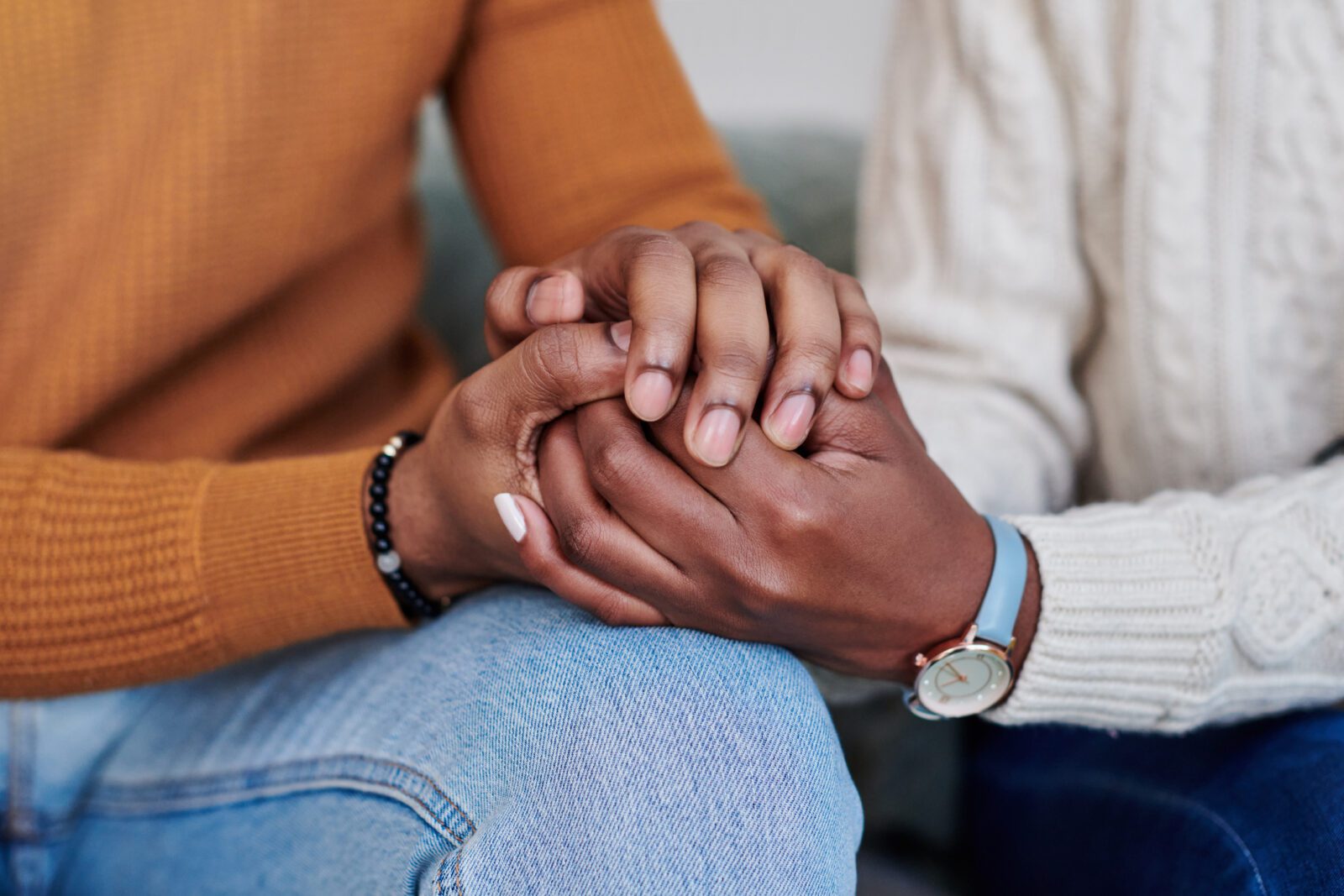Trying for another baby is a complex decision to make. You may want to try again for a baby straight away. Others feel like they need more time to recover physically and emotionally.
Am I physically ready?
It takes time after a miscarriage for your body to recover. How long it takes will depend on you as an individual and your personal circumstances. The important thing is to give your body the time it needs to rest and recover. If you would like to try conceiving again, speak to your doctor or specialist about when you can start.
When will I get my period back?
It will take around 4-6 weeks for your period to return to its usual cycle. This will happen when your hCG levels return to zero. Until then, your body will still think it is pregnant. There are a few reasons why you may not get your period back in 4-6 weeks, including whether:
- You had a complete miscarriage – Your periods will only return to normal if all the pregnancy tissue is gone.
- The regularity of your periods before – If your periods were regular before your miscarriage, you are more likely to have a regular period again. However, if they were irregular before, they may take longer to come back.
If you are concerned about any bleeding after your miscarriage, worried your cycle has not returned or are experiencing irregular bleeding, please see your doctor for a check-up.
How heavy will my period be when it does come back?
Generally, your first period after a miscarriage will be heavier and may go for longer than usual. It may also be more painful.
Resuming sexual activity
Once your bleeding has stopped, and you are no longer experiencing pain after your miscarriage, you can generally start having sex again. Although you may be physically ready to resume sexual activity, you may not be emotionally prepared.
You and your partner need to communicate with one another about how you feel. During times of grief and anxiety, it is normal to have a lower sex drive or no desire to have sex at all. Supporting and listening to each other during this time is really important.
How can I improve my chances of conceiving?
You can improve your chances of conceiving again. These are things that benefit both you and your partner can do:
Taking a preconception supplement
It is recommended both female and male partners take preconception supplements in the months before trying to conceive. These contain high levels of folic acid, vitamin D, and iron, which are essential for your eggs and sperm health, plus your future developing baby.
Avoiding certain medications and drugs
When you are ready to try again, speak to your doctor or Specialist about whether your current medications are safe for conception and pregnancy and whether there are any supplements you may take to aid in conception. There are certain medications that can be taken while others should be avoided, as should recreational drugs.
Timing when you have sex
When you have intercourse matters if you are trying to conceive. Understanding your natural cycle, your body – particularly your cervical mucus – can help you time sex for when you ovulate. You may find it helpful to learn about the Billings method or use apps to track your menstrual cycle.
Staying healthy
It’s best for you and your partner to be as healthy as possible when trying to conceive. Ways you can do this include:
- Keeping to a healthy weight
- Exercising regularly
- Minimising alcohol intake
- Stop smoking – If you are seeking help to stop smoking, speak to your doctor or you can contact Quitline on 137848.
- Reduce caffeine intake (no more than 200mg day). Tommy’s National Centre for Miscarriage Research in the UK has developed a caffeine calculator to help you work out how much caffeine you have a day.
Last updated 7/10/2022


